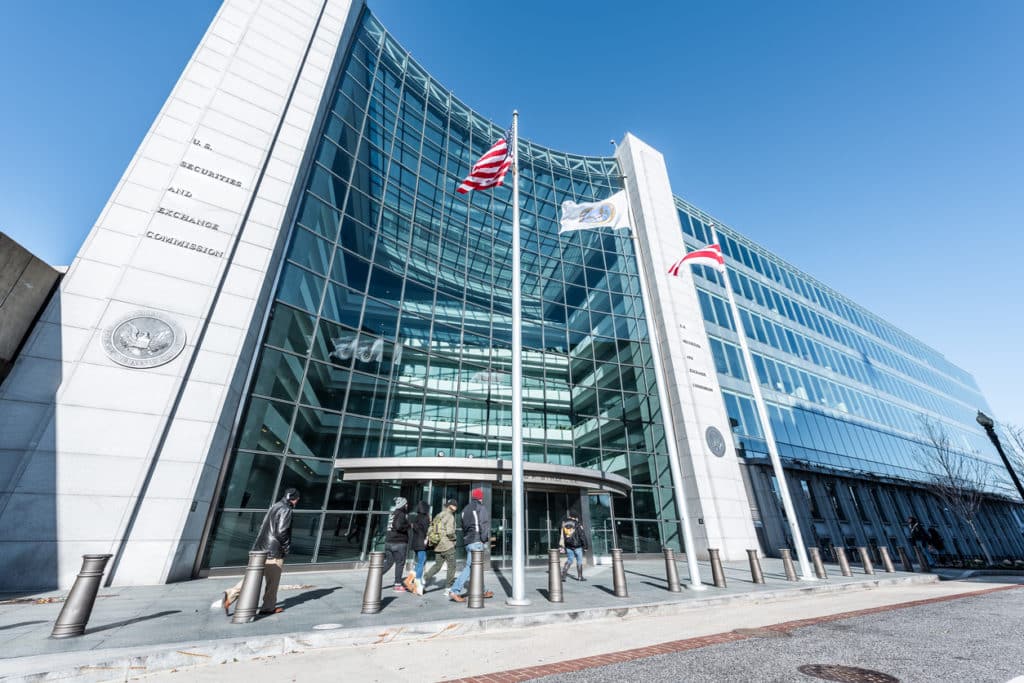Ahead of a highly consequential vote on controversial changes to the U.S. Securities and Exchange Commission (SEC) Whistleblower Program, the Co-Director of the SEC’s Division of Enforcement lauded the success of the program and its importance in fighting corporate fraud. On September 18, Director Stephanie Avakian made a speech entitled “Protecting Everyday Investors and Preserving Market Integrity: The SEC’s Division of Enforcement” at the University of Pennsylvania’s Institute for Law and Economics. The speech gave an overview of the Division of Enforcement’s efforts over the three years since she was named Co-Director.
In reference to the SEC’s Whistleblower Program, Director Avakian stated:
We are also very proud of the improvements we have made to the Whistleblower Program. This program is critically important to the SEC and to the Enforcement Division. It is important to reward whistleblowers and to do it timely. Since the enactment of the program in 2011, whistleblower tips have resulted in numerous high-quality enforcement actions and whistleblowers have been awarded roughly $520 million. Given the success of this program, we have been flooded with increasing numbers of quality tips as well as with claims for awards. In an effort to further increase our timeliness, we re-evaluated the entire process for considering awards and then implemented changes to make the process substantially more efficient, including by leveraging other resources of the Division. We have already seen a substantial increase in the rate at which whistleblower claims are evaluated and awards are issued. So far this fiscal year, the Commission has made 25 awards totaling approximately $133 million. This represents a more than 100% increase in the number of awards issued in a single year as compared to the next-highest year.
Avakian’s comments echo those of Jane Norberg, Chief of the SEC’s Office of the Whistleblower, from earlier this year. In a press release announcing a $3.8 million whistleblower award, Norberg referenced the “paramount role the SEC’s whistleblower program plays in safeguarding the Main Street investor.” Norberg also noted that, since the program was established nearly ten years ago, “the SEC has ordered more than $2.5 billion in financial remedies based on whistleblower information, including more than $1.4 billion in disgorgement and prejudgment interest, of which almost $750 million has been returned or is scheduled to be returned to harmed investors.”
Whistleblower advocates warn, however, that proposed changes to the SEC Whistleblower Program threaten to undermine the success of the program. On September 23, the SEC will vote on these proposed changes, which include a rule that would remove the SEC’s authority to protect internal whistleblowers and a rule that would implement a “soft cap” on the largest whistleblower awards and limit the amount of money a whistleblower could potentially earn.
Read:
Protecting Everyday Investors and Preserving Market Integrity: The SEC’s Division of Enforcement
